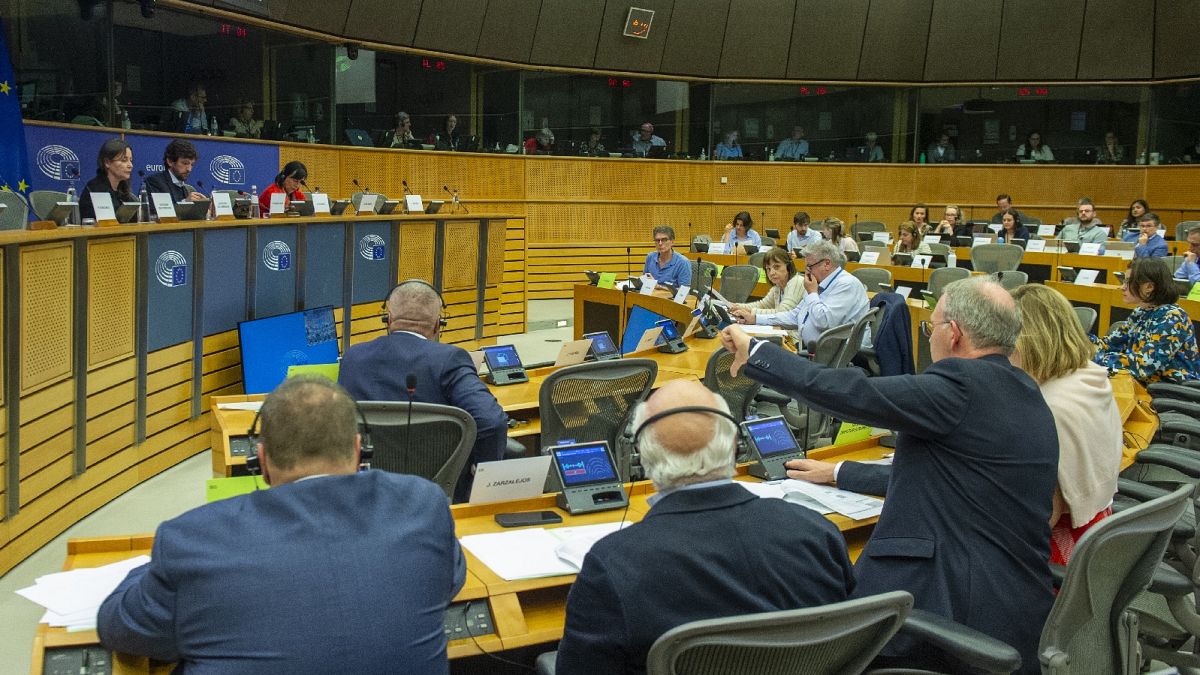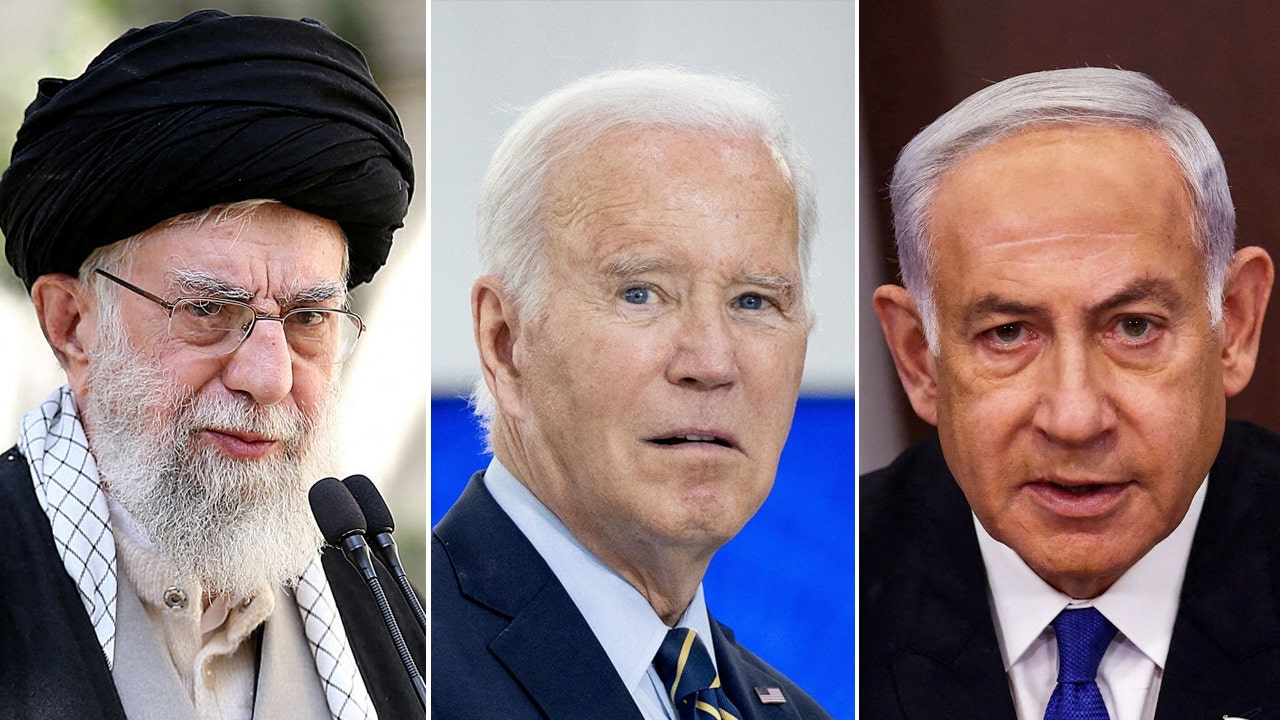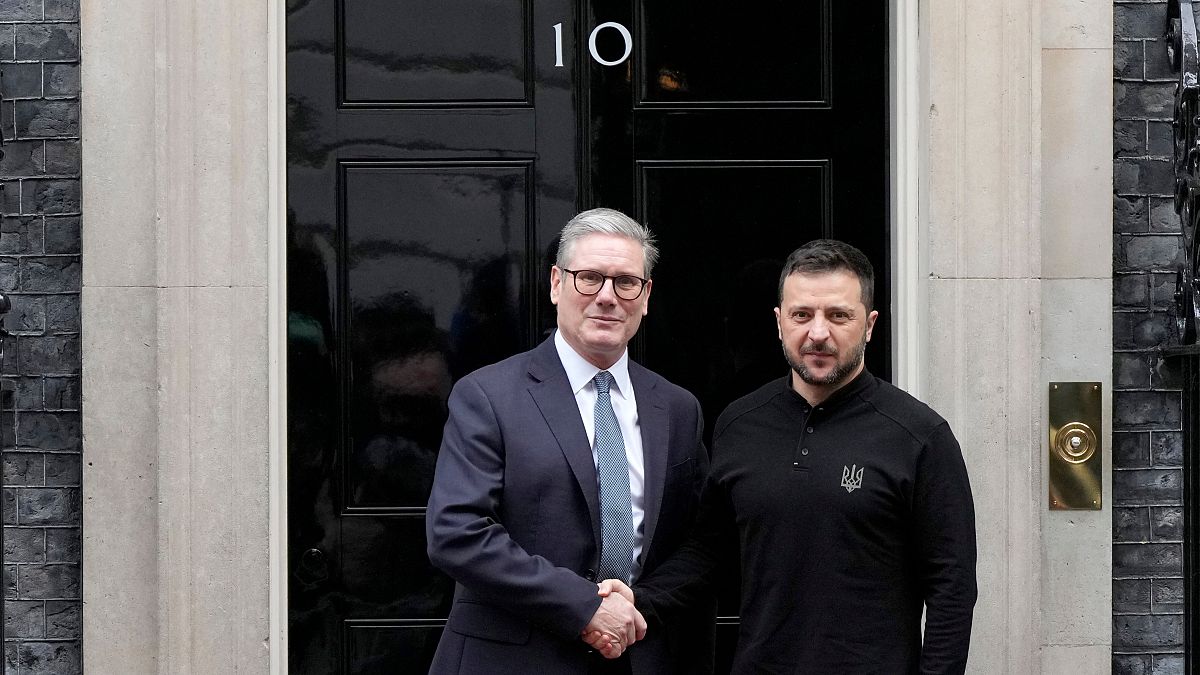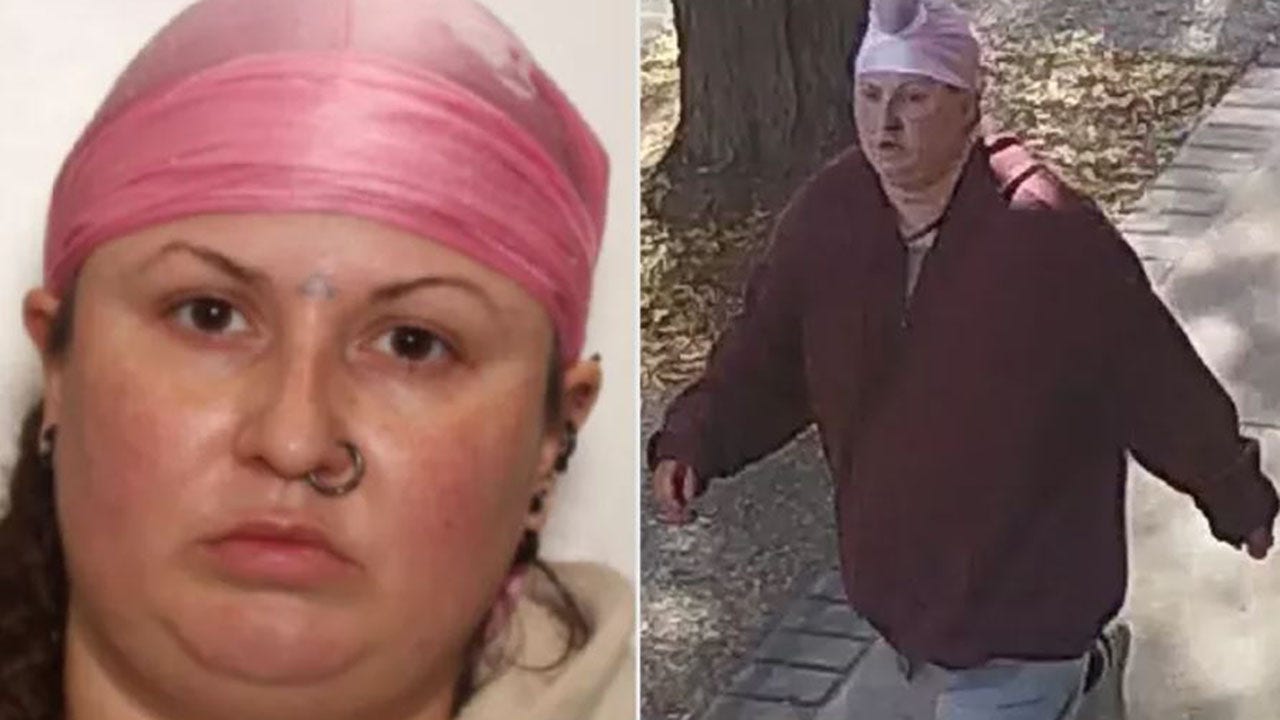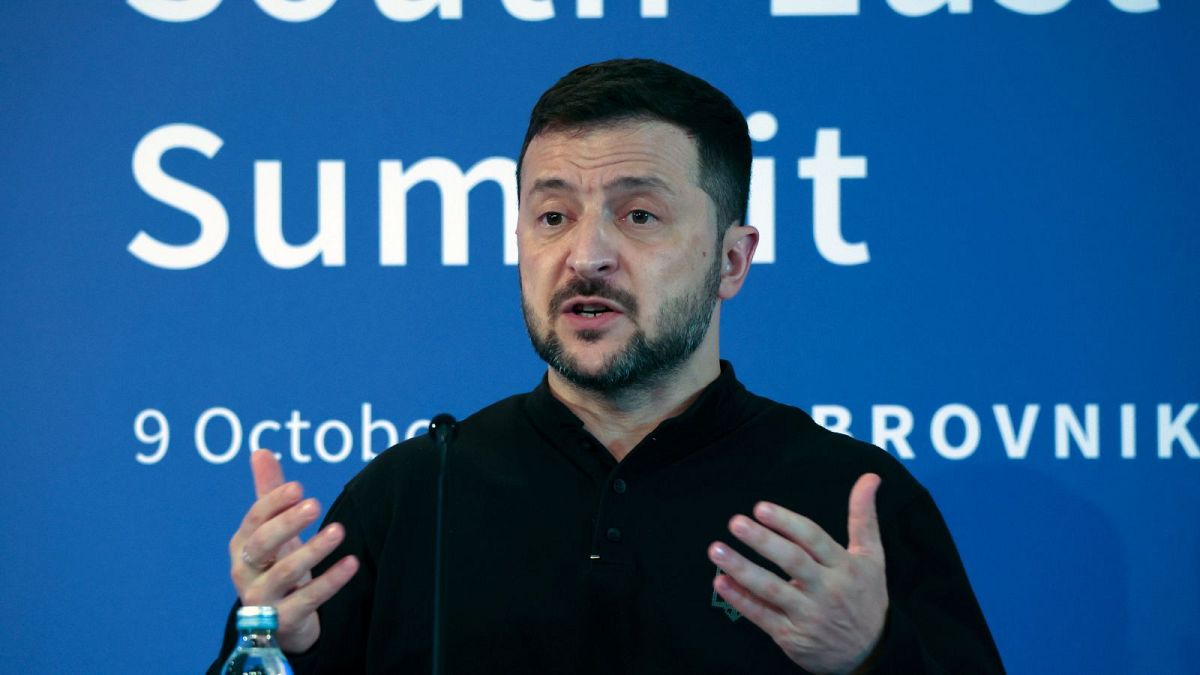The schedule was revealed after the European Parliament’s committee on legal affairs, in charge of combing through conflicts of interest, cleared all 26 nominees.
Hopefuls to join the next European Commission will be grilled by Members of the European Parliament (MEPs) between 4 and 12 November, it was announced on Thursday.
The programme for the 26 confirmation hearings was released after a meeting of the Parliament’s Conference of Presidents, which comprises the leaders of each political group.
Commissioners-designate – one from each EU member state, minus Germany’s Ursula von der Leyen who’s already been named as President — will each appear before one or more parliamentary committees to demonstrate their fitness for the job and portfolio expertise, and will also have to address any lingering concerns regarding conflicts of interest.
AFET – Foreign Affairs; DEVE – Development; INTA – International Trade; BUDG – Budgets; CONT – Budgetary Control; ECON – Economic and Monetary Affairs; EMPL – Employment and Social Affairs; ENVI – Environment, Public Health and Food Safety; ITRE – Industry, Research and Energy; IMCO – Internal Market and Consumer Protection; TRAN – Transport and Tourism; REGI – Regional Development; AGRI – Agriculture and Rural Development; PECH – Fisheries; CULT – Culture and Education; JURI – Legal Affairs; LIBE – Civil Liberties, Justice and Home Affairs; AFCO – Constitutional Affairs; FEMM – Women’s Rights and Gender Equality.
Stephane Séjourné, France’s candidate to be Executive Vice-President in charge of prosperity and industrial strategy, and Belgium’s Hadja Lahbib, in line for a role on preparedness, crisis management, and equality — will face the highest number of lawmakers, as they’ll be grilled by four committees apiece.
Hearings can be gruelling for the candidates but the success rate is generally high.
In 2019, MEPs from policy committees rejected France’s initial pick, Sylvie Goulard, and a Slovenian candidate also fell at this stage in 2014.
Italy’s candidate, Raffaele Fitto, from Prime Minister Giorgia Meloni’s hard-right Brothers of Italy party, and Austria’s Magnus Brunner are likely to face the toughest cross-examinations. They have been tasked with overseeing Cohesion and Reforms, and Internal Affairs and Migration, respectively.
The hearing schedule was released shortly after MEPs on the committee for legal affairs, known as JURI, greenlighted all the candidates after examining their conflict of interest forms.
As a first major hurdle, Commissioner candidates had to declare all financial assets, such as shares, bonds, loans and investment accounts, as well as those of their partners and children, if they might put impartiality at risk.
In 2019, two candidates, from Hungary and Romania, fell at that JURI stage, preventing them from moving on to wider committee hearings and requiring the two countries to propose replacements.
This year, however, MEPs from the Left group quit the legal affairs meeting in protest at the lack of proper scrutiny.
The JURI committee had just 24 to 48 hours to comb through the 26 conflict of interest forms, and has no investigative power to challenge candidates’ self-declarations.
Manon Aubry, the French co-chair of the Left group, described it as “a farce” and “a scandalous process”.
“Everything was negotiated in advance between the European Parliament’s big groups to protect the interests of the Commissioners. The meeting was rushed through in less than one hour, and the questions asked were meaningless,” she wrote on X.
Mario Furore, of Italy’s populist Five Star Movement, also took to the social platform in protest, writing: “This is not democracy; it’s a mockery. We demand accountability.”
But Ilhan Kyuchyuk (Bulgaria/Renew), JURI’s chair, defended the process, saying in a statement that “whenever we deemed the information incomplete, we requested further details in order to assess all relevant elements and reach our conclusions”.
“From a procedural point of view, some reasonable criticism of the legal framework can arise and we will have the opportunity to analyse it and suggest amendments, if needed,” he added.
Read the full article here







